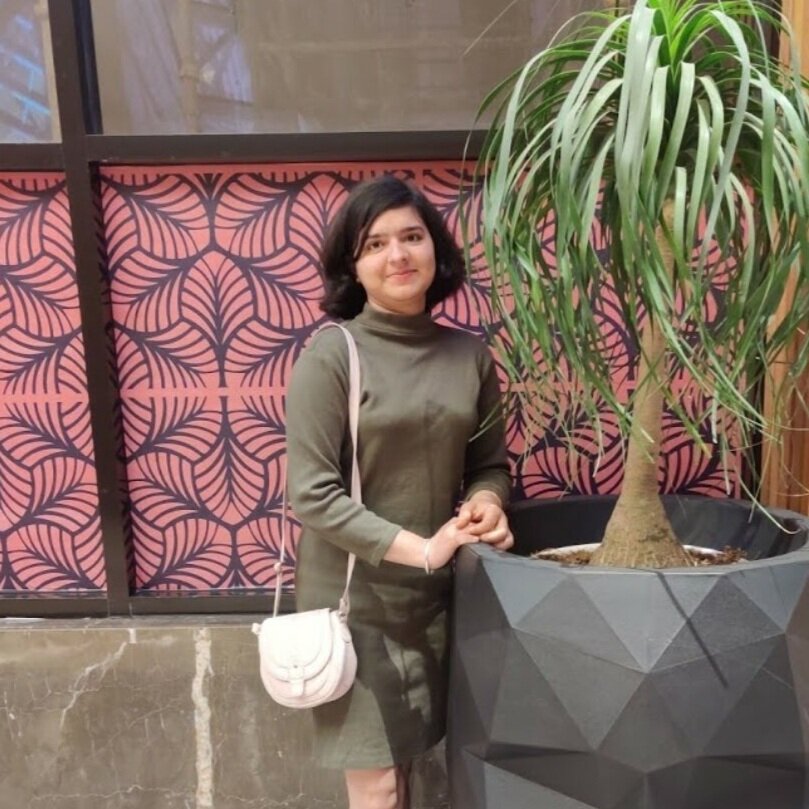India has witnessed a surge in farmers protests, with farmers camped out in protest against the new “farm bills” which could devastate their earnings. The Indian government has used the mass demonstrations to escalate an internet shutdown in northern states like Delhi, Haryana, and Punjab.
BACKGROUND
On 20 September 2020, the Indian Parliament passed three farm bills that increased the intervention of private market forces into the government-regulated farm sector.
Farmers were previously bound by a government-driven committee known as the APMC (Agricultural Produce Market Committee) which supervised the process of buying and selling farm produce. This enabled market security, as it provided farmers with a safety-net known as the Minimum Support Price, a fixed minimum price at which crops could be purchased from the farmers, even in case of irregularities in the market-interplay.
However, the introduction of these bills means that farmers are no longer afforded this certainty, and remain vulnerable to powerful market regimes. Several politicians have cited these measures as regressive, and have listed many reasons in support of this. By contrast, the ruling government has argued that these bills will further economic prosperity, and enable farmers to negotiate a better-rate for their produce.
Since November 2020, farmers have protested against these bills and have called for these laws to be repealed, as they pose a threat to their fundamental right to livelihood. These protests have led to a surge in political unrest across the country.
REPUBLIC DAY CELEBRATIONS ESCALATE INTO SHUTDOWN
On 26 January 2021 - India’s 72nd Republic Day - farmers staged a peaceful Tractor Rally against the agricultural reforms in Red Fort, New Delhi. The rally turned violent when there was a clash between the police force and farmers, footage of which went viral. This caused further unrest in the country, particularly due to the misinformation spread through social media.
The government responded to this upheaval by suspending the city’s internet access, which affected over 52 million users. The authorities justified the shutdown in the interest of maintaining public safety and averting public emergency.
This spiked collective support for the farmer’s movement across the globe. Many influential figures such as pop singer Rihanna and environmentalist Greta Thunberg voiced their concern over the shutdown.
ASSESSING THE HUMAN RIGHTS VIOLATIONS
The Kerala high court explicitly stated in a recent judgment that access to the internet has attained the status of a fundamental right which cannot be taken away arbitrarily, and is protected under the Indian Constitution. In this case, the authorities had invoked the Temporary Suspension of Telecom Services (Public Emergency or Public Safety) Rules 2017 in shutting down internet services. However, these shutdowns must be justified on the grounds of national security, public order or public health.
In Anuradha Bhasin v. Union of India, the court laid down the justifications for such internet shutdowns: the measure must be proportionate to the objective it seeks to achieve. The court also observed that the extent of internet shutdowns is usually disproportionate to their legitimate aim.
According to article 10 of the Siracusa Principles, shutdown orders need to be legitimately necessary for a democratic society. This internet blockage in response to the farmers’ protests did not conform to a pressing social need, nor was it absolutely necessary as it barred most people from using vital internet services. In this way, it did not achieve the legitimate aim which it sought to achieve.
VIOLATION OF CONSTITUTIONAL PRINCIPLES
The action of imposing a blanket ban on the internet without consideration is ipso facto arbitrary, conflicts with the principle of non-arbitrariness, and violates article 14 of the Indian Constitution.
The inability of the citizens of neighbouring areas of the National Capital Region of Delhi (NCR) to continue their occupation by working from home violated the right to carry on an occupation or profession, stated in article 19(1)(g), and the article 21 right to earn a livelihood.
In addition, in light of the ongoing COVID-19 pandemic, the internet shutdown prevented citizens in areas neighbouring the NCR from being able to work from home. This was in violation of the constitutional rights to carry on any occupation in article 19(1)(g), and the right to earn a livelihood in article 21.
This shutdown suppressed their right to speech and expression of their opinions guaranteed by article 19(1)(a). This also shut off citizens’ access to information available online, which in turn led to the effective mental sterilization of the community at large.
CONCLUSION
The internet ban prevented citizens’ autonomy, denied their ability to express themselves freely, and undermined their freedom.
In the absence of internet services, the risk of violence is much higher as the instruments required to tackle misinformation remain static. It is very important for responsible citizens, such as those in government, to provide accurate coverage of protests or unrest. This would also serve to contain the spread of misinformation. However, the government instead chose to shut down voices altogether.
While India continues to become the “global leader of internet shutdowns”, the nation also continues to undermine its citizens' human rights and the basic feature of democracy that is the freedom of expression.
Sonal is studying law at National Law University, Delhi. Her research interests include gender-based violence, feminist theories and LGBT+ rights.
Dritih Ganjoo is reading law at National Law University, Delhi. She is interested in Child rights, Consumer law and the interface of Human rights and business.


